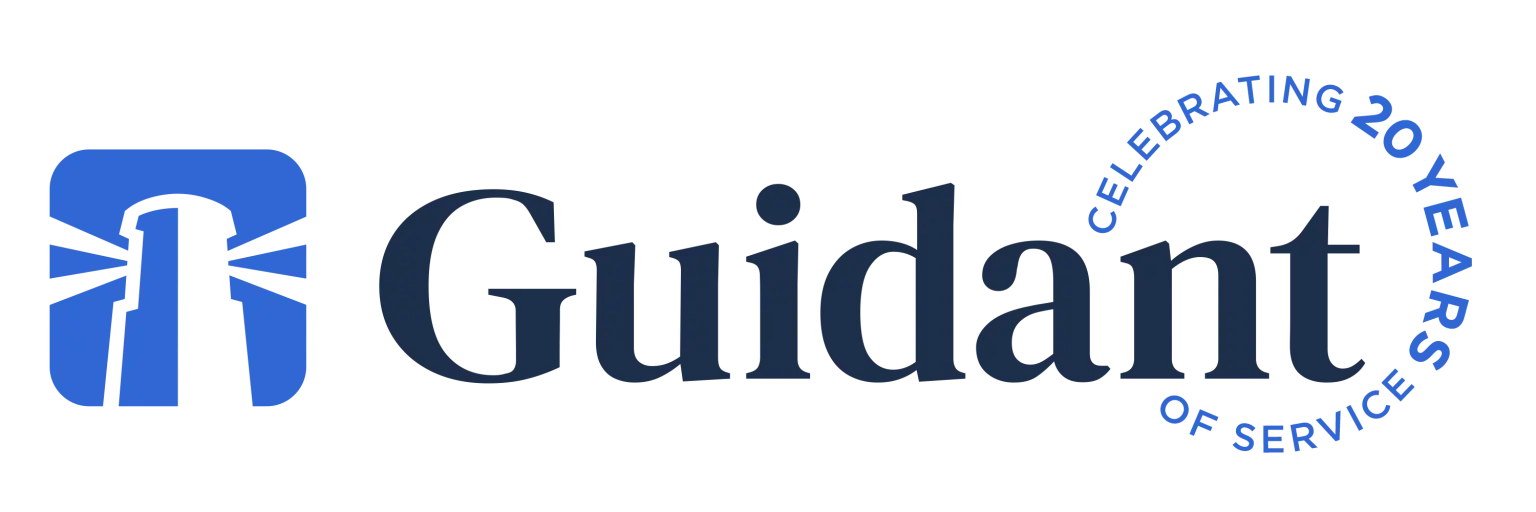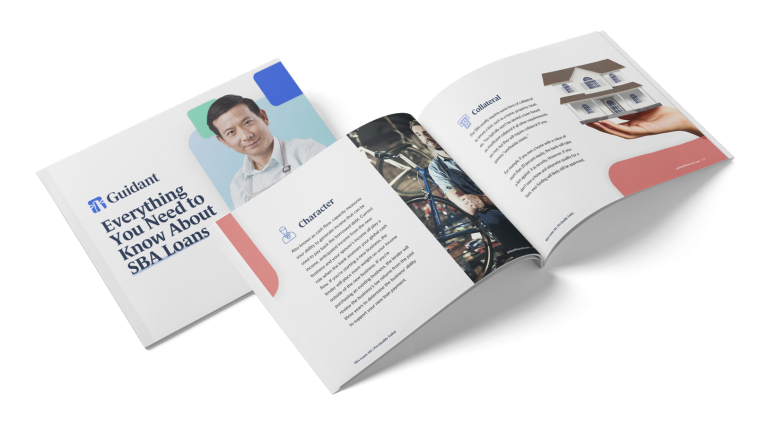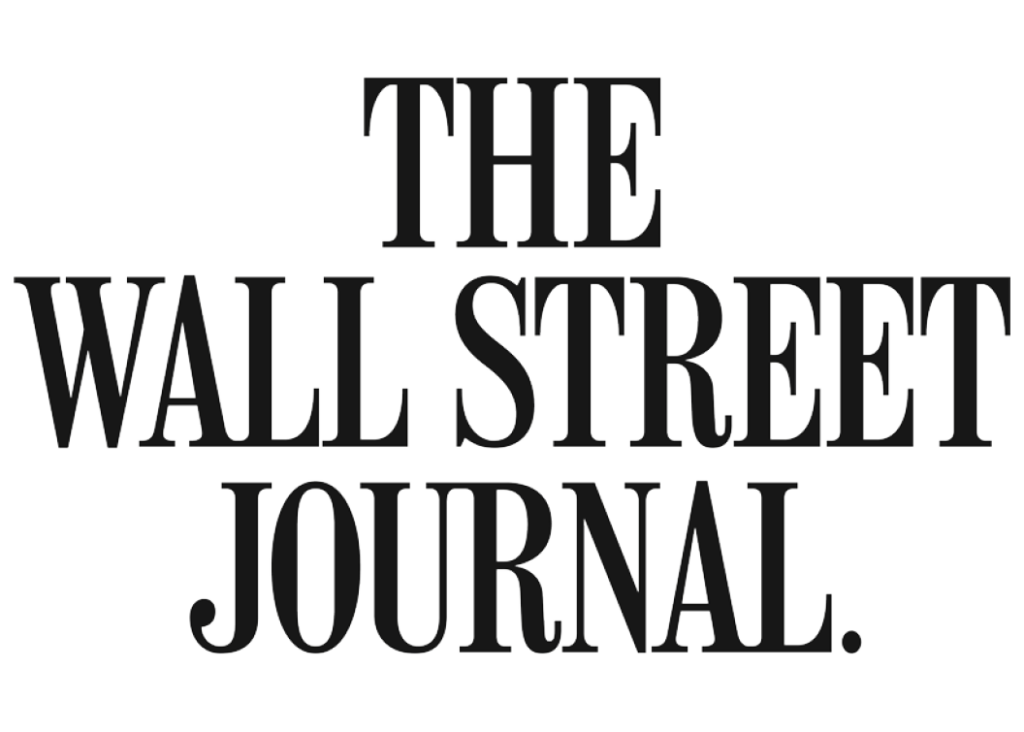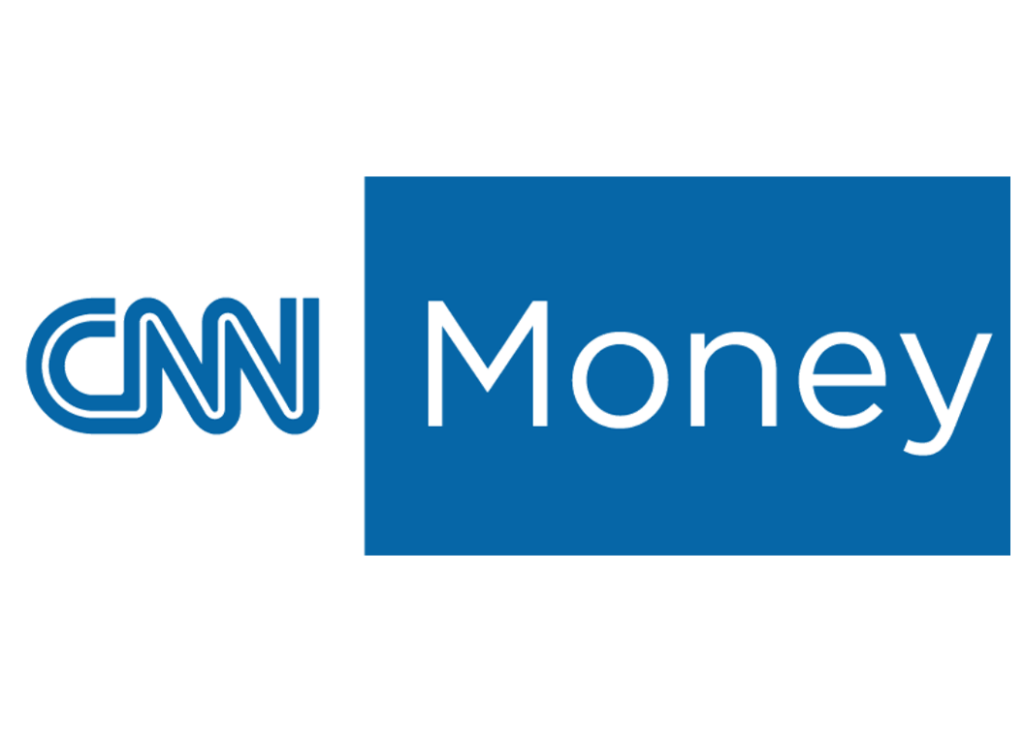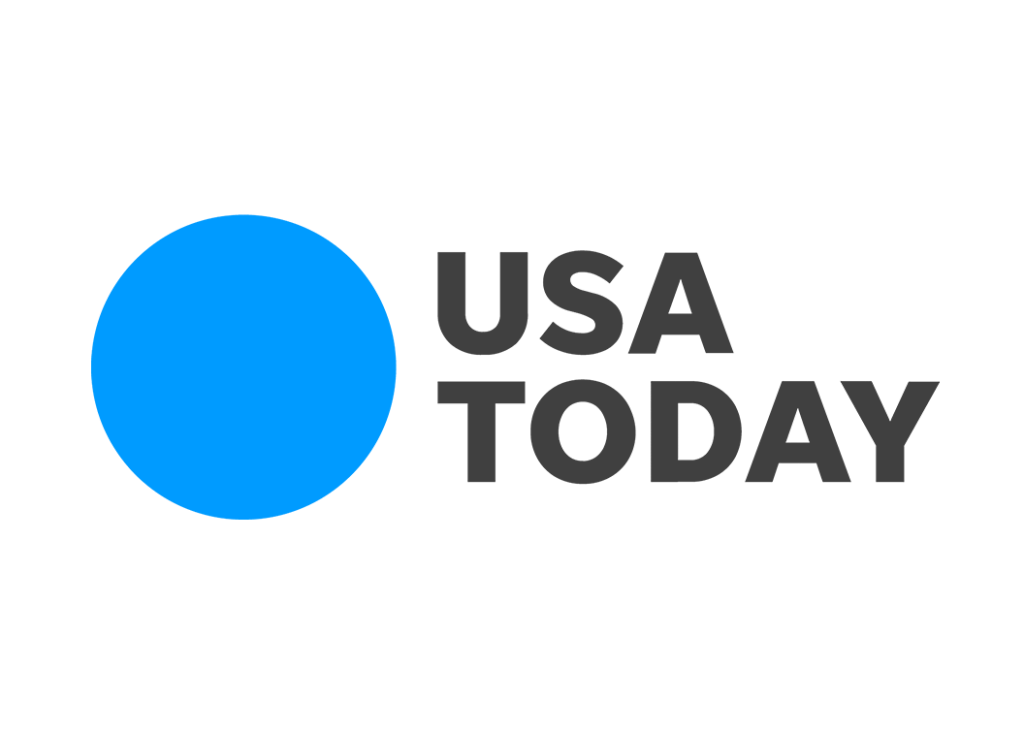SBA loans make it easier to start, buy, or grow your business.
Traditional business loans are hard to qualify for, require significant down payments, and have high interest rates. So why barter with banks for good loan terms when you can work with Guidant to find lenders who want to bankroll your loan? SBA loans make it easier to get the money your business or franchise needs.

Lower Interest Rates
SBA loan interest rates are lower than traditional business loans, making repayment less of a burden — which gets you to profitability faster.

Flexible Down Payment
SBA loans can be combined with other forms of financing — like unsecured loans or 401(k) Business Financing — saving you on out-of-pocket costs.

Easier Loan Application
What Are SBA Loans?
The Small Business Administration (SBA) supports American small business by providing increased access to affordable funding. The SBA encourages traditional lenders like banks and credit unions to provide loans with favorable rates and repayment terms through SBA lending programs.
With some emergency exceptions, the SBA doesn’t loan directly to small business owners. They support lenders by guaranteeing a portion of the loan, which removes some of the lender's risk. The SBA’s loan programs are meant to encourage people of all backgrounds to embark on the American Dream.
An SBA loan is traditional debt-based financing with advantages for small business owners. These loans provide up to $5 million in small business funding, which can be used for starting a new business or franchise, purchasing an existing business, expanding operations, buying equipment, purchasing commercial real estate, or acting as working capital. Though these loans are approved and funded through individual banks, the SBA guarantees 50 to 90 percent of the loan if it goes into default, which is why lenders are willing to offer favorable terms and conditions to small business owners.
There are a number of SBA loan programs, but Guidant specializes in three types.

SBA 7(a) Loan
SBA 7(a) Small Business Loans offer up to $5 million in financing that can be used for almost any business purpose, including startup, acquisition, or expansion. Loan proceeds can be used as working capital, or to purchase real estate, equipment, inventory, etc. SBA 7(a) loans can be combined with other forms of small business financing to help you reach your funding needs.



SBA Working Capital Loan
SBA Working Capital Loans offer a simple financing solution for small business owners who need $75,000 to $150,000 for business operations. These loans provide the same government guarantee and lower interest rates as traditional SBA loans but can close in as little as 45 days — about half the time it takes to close a traditional SBA loan. Unlike other business loans that require 20 to 30 percent down payments and are secured by personal collateral, SBA Working Capital Loans only need 10 percent down and are secured by your business assets — not personal assets like your home. As a working capital loan, your business needs to be open or able to operate before the loan funds.



SBA Express Loan
SBA Express Loans are a form of SBA 7(a) Loans. These loans are for small businesses that only need between $25,000 and $350,000 in quick cash. SBA Express Loans have a 50 percent guaranty from the SBA, so many lenders won’t choose this option for a new business. Instead, they'll opt to use SBA Express Loans for expansion costs. An SBA Express loan can be either a revolving line of credit with your lender or a term loan. Many business owners combine the express line of credit with an SBA 7(a) Loan to provide extra working capital.
SBA loan interest rates are based on the daily prime rate (set by the Federal Reserve) plus the lender’s spread. SBA loans normally have a variable rate, which means the interest rate can fluctuate over time. Some lenders might opt for a fixed rate, which means your interest rate won’t change over the lifetime of the loan. Some lenders may even do a fixed rate for a portion of the loan term — for example, a 10-year loan could have a fixed rate for three and a variable rate for seven years.
All SBA loan programs require you to make a down payment. Though the requirements range from about 10 to 30 percent of the principal, the inability to make a large enough down payment can disqualify you from being approved. Fortunately, you can use other forms of funding to cover some or all your SBA loan down payment — including 401(k) Business Financing, also known as Rollovers for Business Startups (ROBS).
A repayment schedule, also known as an amortization schedule, is included in your SBA loan terms. It’s possible to save money on interest payments if you can pay the loan back over a shorter period. However, your monthly payments could be more manageable over a longer time period. Most SBA loans are amortized over 10 years with no prepayment penalty for terms under 15 years.
Most SBA lenders require business owners to sign a personal guarantee to be approved for a loan — which is common with debt-based financing. This guarantee is an agreement to use personal assets to cover the loan if the business can’t pay it back. That means if your business fails while the loan is still being repaid, you and other owners become personally responsible for the remaining loan amount. Personal guarantees are binding regardless of your entity type.
Closing costs and fees for SBA loans vary depending on the type of SBA loan you use. With 7(a) loans, Guidant usually estimates about 5% of the project total as the closing cost. However, your costs could be higher or lower depending on your lender and the type of project.
The 5 C’s of SBA Loan Eligibility
There are five primary elements that lenders consider in SBA loan applications. These “five C’s” can help you understand if you’re a qualified candidate for an SBA loan.
Capital
It’s key to be able to cover the down payment of an SBA Loan. When lenders don’t cover 100 percent of your project cost, they feel reassured knowing that you have a personal stake in the success of your business. The amount of down payment you’ll need depends on your business and the type of SBA loan you’re applying for.
But if you can’t cover a down payment out-of-pocket, you aren’t out of luck. SBA loans can be combined with other forms of funding, like 401(k) business financing or unsecured loans.
Credit
Your credit score and credit history play a role in your approval for SBA lending. Most lenders look at your personal and business FICO score. A 680+ personal score and 160 business score are typically the minimum requirements for SBA loan approval. Credit events, like a recent bankruptcy, can have a negative impact on your application.
Capacity
Capacity means how your business will generate income (or cash flow) to repay your SBA loan. Your household income and the current/anticipated income from your business all play into the lender’s confidence in your ability to make your monthly payments. If you’re funding a new business, lenders put more weight on your outside income sources. If you’re purchasing an existing business, they’ll look at the business’s tax returns and recent financials.
Character
Lenders look at your personal and business character when evaluating your strength as a borrower. Your business experience is a factor for lenders. While you don’t need experience in the industry of the business you’re funding, it helps. You’ll provide information about events in your personal history, like child support payments, criminal convictions, and recent arrests.
Collateral
Your personal property may be used as collateral to secure your loan. For example, the bank may take a lien against your home to use as security if the loan goes into default. Unlike the other eligibility requirements, it’s possible you might not be denied a loan if you don’t have enough collateral to secure it — it can depend on how you met the other requirements.
You don’t have to rank perfectly for each of the five C’s to get approved for a loan. All five elements are indicators of your attractiveness to lenders. They’re not considered individually in a vacuum, so all five C’s play together when lenders are looking at you as a prospective borrower.
How Do SBA Loans Work?
There’s more than one type of SBA loan, but the application process is similar for the three loan types that Guidant supports: SBA 7(a) Loans, SBA Working Capital Loans, and SBA Express Loans. Our expertise helps you through the SBA loan application process, which means faster loan approval, more lender options, and less back-and-forth.
Pick Your Business or Franchise
Before beginning the SBA loan application process, you’ll need to identify your small business project. Whether you’re launching a startup, opening a franchise, buying an existing business, or expanding your current business, having a clear picture of your goal helps guide you along the rest of the application process. From knowing the amount of funding you need to writing your business plan, all the crucial elements of your application package will be focused around your project. You won’t be approved for SBA funding without providing specific details about your business.
Determine Your Financing Needs
After you know the type of business you’re looking to fund, determine how much small business financing you need. By creating detailed financial projections that include startup costs, you can understand how much funding you need and even areas where you can potentially save money.
Find a Lender
You’ll need to find a lender to fund your SBA loan. That’s where Guidant comes in. We make finding a lender easier through our team of industry experts. They’ll help you fill out a single SBA loan application and make sure your application is attractive to lenders. By only needing to fill out one application, you’ll save significant time and effort.
We’ll take your application out to our extensive lender network. We’ve built industry relationships that make sure you SBA loan application finds the lenders with the best matches for you. Plus, you gain a competitive advantage by having more lender options.
Apply for Your SBA Loan
After you’ve received the offer you like the best, we’ll help you put together your full loan application package. By working with Guidant, you’ll have an experienced hand helping you through this complex process. Our streamlined process makes it much easier to apply, improves your funding chances, and most of the time doesn’t cost you anything.
In most cases, Guidant doesn’t charge you for our SBA loan services (also known as loan packaging services). We ask for a small deposit at the start of the loan application process, so we know you’re serious about getting your SBA loan. If your loan is over $200,000 or you also use 401(k) business financing, we return your deposit as soon as your loan closes, or in the rare situation where we can’t find a lender for you.
Underwrite Your SBA Loan
You’ll work with your lender to underwrite your SBA loan. During underwriting, the lender reviews the information in your application, pulls your credit score, and determines your strength as a borrower by analyzing the likely risks and benefits of lending you money.
If you’re working with an SBA Preferred Lending Partner (PLP), the lender will internally review and potentially approve the loan. If you’re working with a lender that doesn’t have PLP status, after your application is passed through internal underwriting, your info will be sent to the SBA for additional review. Guidant works as your liaison with the lender during all of this — we keep your underwriting process moving forward as quickly as possible.
Finally, once your SBA Loan has been approved in the underwriting process, it’s time to close! You’ll receive a closing checklist. You’re the primary driver of the closing checklist, so you can move as quickly as you want. As soon as you provide everything on the checklist, your loan can fund.
SBA Loan: FAQs
How much can I qualify for with an SBA loan?
Your SBA loan qualification amount will depend on the type of business you’re looking to open. Most banks will require at least 20 percent down for existing businesses or franchises and around 30 percent down for most startups. If you divide the amount of money you’re willing to invest by the percentage down required, you’ll get a rough idea of how much you can qualify for. Lenders will want to be sure you still have significant cash reserves (about three to six months of expenses) left over after your investment into the business, so factor that into your calculation.
Is it true that I only need 10% down?
Not exactly. The SBA has a minimum down payment requirement of 10 percent — but that’s the floor, not the ceiling. Each lender has their own guidelines for how much of the loan they’re willing to finance, which impacts how much your down payment will be. Though it’s possible to only put 10% down, most lenders require a higher percent to mitigate their risk in taking on the SBA loan.
Is using my 401(k) to fund a business a tax loophole?
ROBS is not a tax loophole. In 1974, Congress passed the Employee Retirement Income Securities Act (ERISA), which works in conjunction with specific sections of the Internal Revenue Code (IRC) to make ROBS a legal, legitimate strategy for accessing your retirement assets to start or buy a small business.
How long does an SBA loan take?
There are many factors that determine how long the SBA process takes. Business type (startup vs existing business), finding a location, and lender underwriting time, are all factors that play into the overall SBA loan timeline. The timeline is also very dependent on how quickly you can complete the lender the requirements and documentation. Most startups generally take 90 to 120 days, while most existing businesses take around 90 days on average. Working with Guidant can help you move this process along faster.
How much does it cost me to work with Guidant for my SBA loan?
Most of the time, nothing! We generally don’t charge you a fee for our SBA loan services (also known as loan packaging services). We’ll ask for a small deposit at the start of the loan application process so we know you’re serious about getting your SBA loan. If your loan is over $200,000 or you also use 401(k) business financing, we return your deposit as soon as your loan closes or in the rare situation where we can’t find a lender for you.
What’s the minimum credit score for an SBA loan?
The SBA minimum for an SBA loan is a credit score 640. However, most lenders prefer credit scores at or above 700. More than just your credit score, lenders want to know your credit history and current debt obligations. High credit card debt or recent late payments factor into lenders’ decisions to take your SBA loan. Previous bankruptcies, foreclosures, or short sales are also items lenders want to know about, along with an explanation letter to help them understand the circumstances.
If the SBA is backing my loan, why would I need to put up my home as collateral?
To participate in SBA loan lending programs, the SBA requires that lenders underwrite SBA loans like there isn’t any government backing. That means that the SBA wants lenders to use the same collateral requirements for an SBA loan that they would have for a non-SBA loan. SBA-backing provides lenders extra security (and incentive to take on your loan), but the governmental backing can’t act as collateral, according to the SBA. That’s because the SBA won’t pay out their guaranty if the lender doesn’t follow their guidelines on “prudent lending.”
Do I need a business plan for my SBA Loan?
Yes. A business plan is one of the required documents for an SBA loan application. A business plan is a great exercise for you as a business owner, as well as the most helpful tools for a lender when evaluating your loan application. When you work with Guidant, we’re here to help you with your business plan and other information required by the SBA and lenders.
Can I use my retirement funds as a down payment?
Most of the time, yes. You can use 401(k) business financing, also known as Rollovers for Business Startups (ROBS), as an equity injection to cover some or all of your SBA loan down payment. By using your 401(k) business financing funds as your down payment, you can avoid early-withdraw or distribution tax penalties. To use 401(k) business financing, all you need is a rollable retirement account with at least $50,000. Guidant is an industry leader in 401(k) business financing, so we can help you understand everything you need to use your retirement funds as your SBA loan down payment.
If you don’t want to use 401(k) business financing, you might also be able to take a plan distribution or a 401(k) loan, but keep in mind the taxes and debt you may need to pay.
Get Money for Your Business in 3 Easy Steps
It’s easy to get started! Simply complete our pre-qualification survey to start following your small business dreams.


Pre-qualify




Schedule a Call
We’ll send you a link where you can provide us your loan info, details about your business, and some financial information. Then we’ll analyze your loan package.




Get Funded
We’ll help you through the SBA loan application process. With just one application, you’ll access our extensive lender network to get the best loan options for you.


See How Much Money You Qualify For Today
Receive a list of funding options tailored for you.
By pressing “Get Started,” you agree to this website’s Privacy Policy. You also consent to receive information from Guidant Financial at the email address or telephone number you entered. This information may be provided by a phone system that can auto-dial. You aren’t required to consent to use our services.
Common Types of SBA Loans
SBA 7(A) LOAN
SBA 7(a) Loans can be used for almost any business purpose, like starting, buying, or expanding a business.
BENEFITS
- $75k to $5m of funding
- Low interest rates
- Longer repayment terms
- Combines with other funding methods
CRITERIA
- 20% to 30% down
- 680+ credit score
- Personal collateral required
- Industry experience preferred
SBA EXPRESS LOAN
SBA Express Loans provide quick funding for new or existing businesses. With the option to be used as an express line of credit, SBA Express Loans combine well with SBA 7(a) Loans to provide extra working capital.
BENEFITS
- $25k to $350k of funding
- Low interest rates
- Quick time to fund
CRITERIA
- 10% to 30% down
- 680+ credit score
- Personal collateral often required
SBA WORKING CAPITAL LOAN
SBA Working Capital Loans offer a simple financing solution when you need extra operating funds. They close much faster than an SBA 7(a) Loan.
BENEFITS
- $75k to $150k of funding
- Low interest rates
- Quick time to fund
- Unsecured or secured by business collateral
CRITERIA
- 10% down
- 680+ credit score
- Secured with business collateral ($26k +)
- Business must be able to operate prior to funding
Why Work With Guidant?
We’re the experts.
We’ve helped over 20,000 small businesses get funded. From 401(k) business financing to SBA loans, we know how to get you the money you need to start or buy a business.
We’re with you.
We’re not just here to get you funded — we’re invested in the lifespan of your business. With our ongoing 401(k) plan support and full suite of business services, we’re with you for the long haul.
We’ve got your back.
We have the lowest IRS audit rate in the industry. Thanks to our award-winning legal team, no Guidant client has ever experienced adverse IRS outcomes when following our plan.
Cover Your SBA Loan Down Payment With 401(k) Business Financing
You don’t need to cover your SBA loan down payment out of pocket or with another loan. Instead, you can combine small business financing methods by using your retirement funds as the down payment on an SBA loan — without triggering any tax penalties or draining your personal savings.
While both SBA loans and 401(k) business financing have advantages as stand-alone programs, together they can set you up on a path for success with a higher funding amount and lower monthly payments.


Client Stories
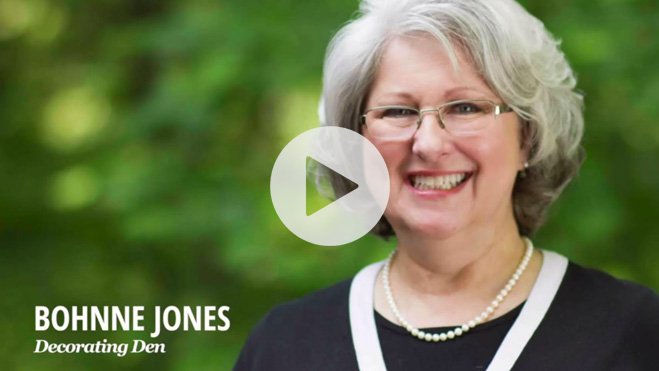

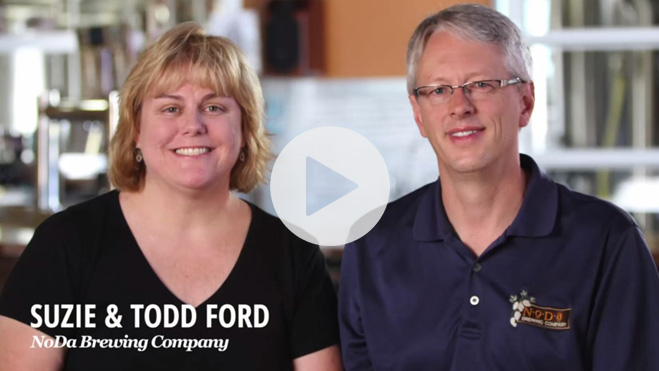

Ready to take the next step?
Get in touch with a Guidant expert to find out which programs, and how much, you qualify for.
